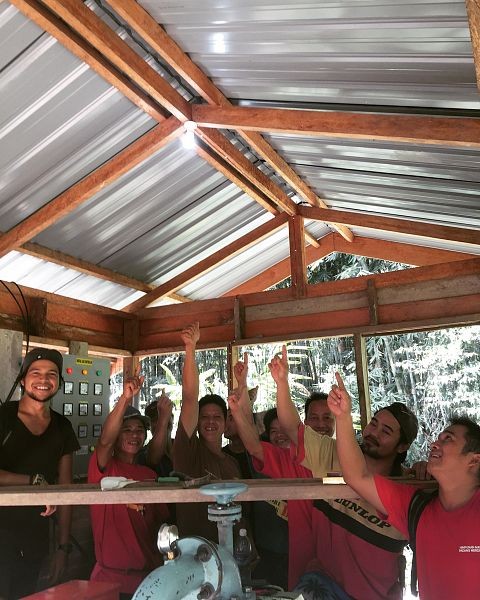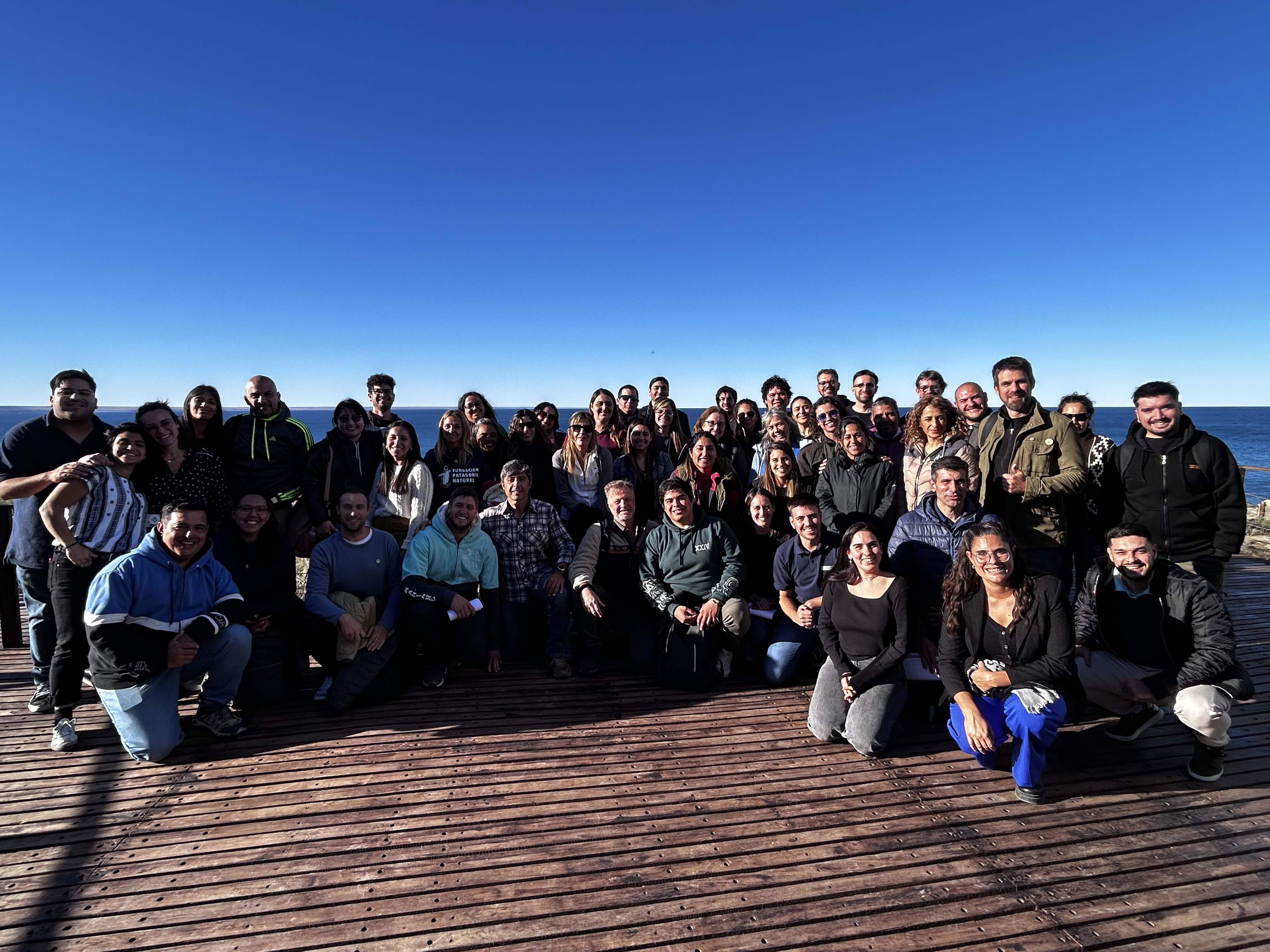More than 45 teachers from 15 schools in Chubut Province, Argentina, participated in the first training to launch our newest capacity building partnership: the YouthEnergy project.
Watershed Development and Conservation in the Ancestral Forests of Ulu Papar (Malaysia)
One of our SEPS projects in Malaysia aimed to bring a reliable and sustainable supply of clean energy and water to private homes and schools in three communities of Ulu Papar, in the Malaysian state of Sabah. The project is currently in its final stages – read about the achievements of our partners Green Empowerment here!
Since 2014, Green Empowerment and Tonibung have been providing the villages of Pongobonon, Lokogungan and Kalangaan with access to clean water and renewable electricity. These villages are located in the forests of Ulu Papar, within the Malaysian state of Sabah’s Crocker Range. As a community-based project, the initiative relied on the indigenous Dusun residents themselves to act as the main driving force, with technical and administrative support from Green Empowerment and Tonibung.
The aim was to construct three micro-hydro power systems in the villages. From a technical perspective, each system posed unique design challenges: Pongobonon’s watersource consisted of large, immovable boulders, necessitating the use of a coanda intake. In Kalangaan, the team was forced to innovate in its design and construction approach due to the location being inaccessible by vehicles. Locally available construction materials were favoured in order to minimise the need to carry in steel and cement. Several challenges were also faced in Longkogungan; for example, its remote location posed signifcant logistical challenges, but offered an ideal site for Janathakshan’s concrete turbine.
The final stages in this SEPS project are:
- To complete the installation of the Longkogungan micro-hydro system, and the concrete turbine training sessions at the site
- To complete the installation of the pre-paid meters, as well as the training sessions for credit vendors in all three villages
- To complete the installation of water filters in Kalangaan and Longkogungan
- To hold official handover ceremonies in each village


